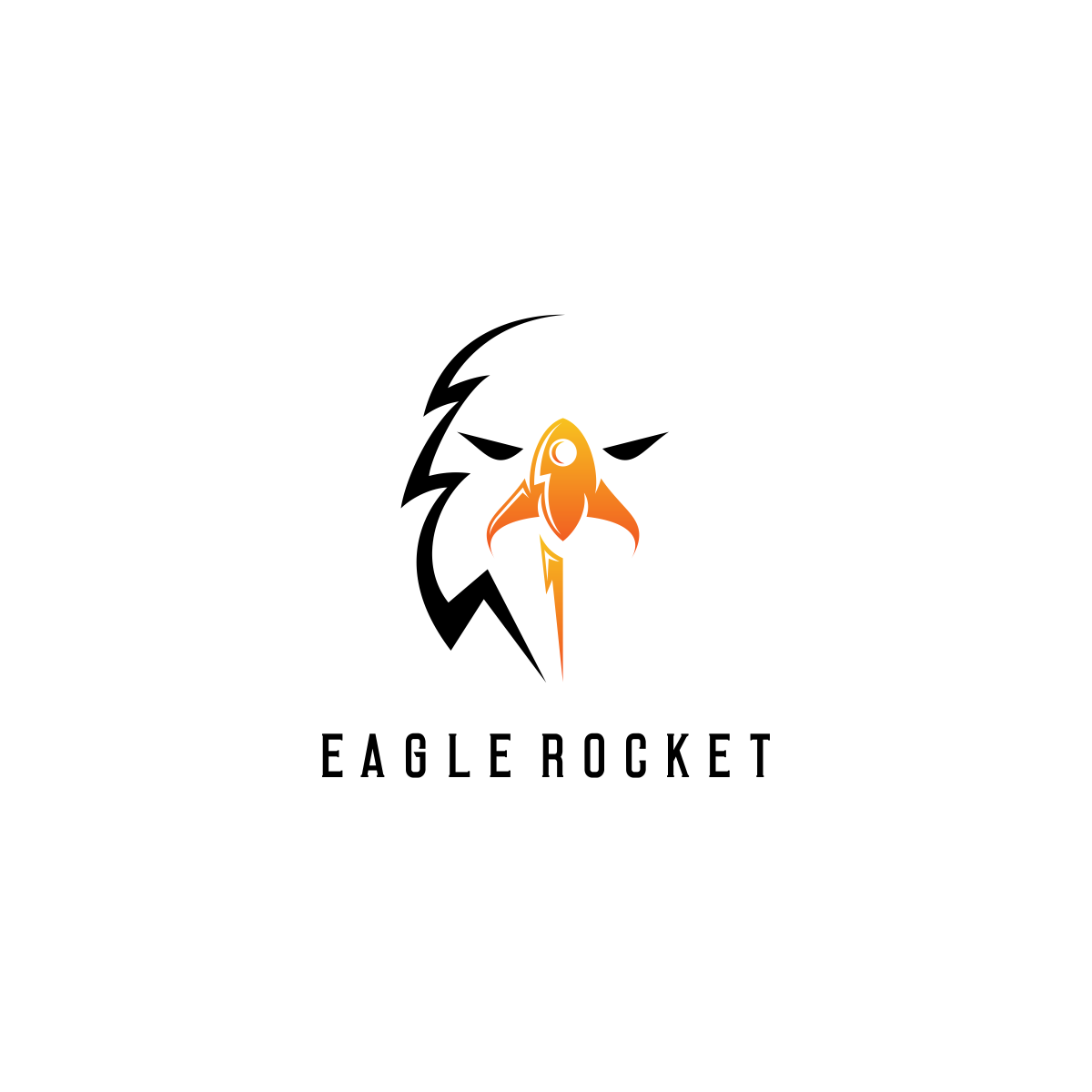The French labor market is currently at a pivotal crossroads, influenced by an array of forces including technological advancements, sustainability efforts, and the evolving expectations for work-life balance. In this bustling landscape of employment, Eurojob Consulting has released a vital employment barometer that sheds light on contemporary HR trends in France. This article outlines key insights from the barometer while reflecting on the obstacles and opportunities businesses face in attracting and retaining talent. Particularly for German companies eyeing the French market, it highlights actionable strategies to adapt to the changes transpiring within this dynamic scenario.
Overview of Current HR Trends in France
The landscape of recruitment in France is undergoing a substantial transformation. A recent study by Eurojob Consulting indicates that a staggering 60% of companies in France identify digital transformation as a primary challenge in their HR strategies. With the surge of digital tools reshaping workplace practices, companies must reevaluate how they attract and nurture talent.
As digital skills become increasingly vital, sectors like technology are experiencing heightened demand for skilled professionals. Notable firms such as Dassault Systèmes and Atos have ramped up investments in employee training to ensure their workforce keeps pace with technological developments. Airbus stands out as a case study of proactive engagement, having launched programs that collaborate with educational institutions and start-ups to enhance digital competitiveness.
The shift towards sustainability is equally dominant in shaping hiring practices. Companies like Schneider Electric are successfully creating job opportunities in the green sector to align with evolving environmental goals. As cited in the Eurojob Consulting Barometer, there has been a remarkable 25% increase in job postings for green roles in recent years.
Adding to this, the demand for flexible employment options has surged. The COVID-19 pandemic acted as a catalyst for changes in work modalities, leading to many French companies now providing remote work opportunities. As it stands, 70% of workers in France have access to remote working arrangements, a trend exemplified by firms like Orange and Société Générale.
All these occurrences underline the critical need for organizations in France to swiftly adapt to these new realities. The interplay between technology, sustainability, and flexible work arrangements is driving HR strategies into an innovative territory.

The Necessity of Digital Transformation in Recruitment
The focus on digital transformation highlights how recruitment strategies are evolving. Companies that adopt technology not only for operational processes but also for talent acquisition are more likely to thrive. For instance, organizations employing AI and analytics for candidate sourcing are gaining a competitive edge, allowing them to pinpoint the most suitable candidates more efficiently.
Furthermore, hiring platforms such as LinkedIn and Indeed have become go-to tools for recruiters, transforming traditional approaches to talent acquisition. In this highly competitive landscape, companies that effectively leverage these digital resources will find themselves at the forefront of the battle for talent.
The Eurojob Consulting Barometer: Key Insights for Employers
The Eurojob Consulting Barometer compiles crucial findings regarding the state of the French labor market. According to its observations, two primary challenges emerge for employers: the looming talent shortage and the imperative to forge a strong employer brand. The alarming fact that 75% of companies are struggling to recruit qualified talent, particularly in sectors such as IT, engineering, and sustainability, is an eye-opener for many executives.
For instance, Capgemini, a leading name in IT services, has made strides to strengthen its employer branding to attract top-notch talent. This firm has embraced innovative recruitment strategies including virtual career fairs and has capitalized on social media platforms to reach out to prospective candidates. Their efforts show dividends with a reported 15% increase in IT hires, driven predominantly by outreach to younger professionals through channels such as Glassdoor and JobTeaser.
The trend towards adopting remote work arrangements is also a strategic response to the talent shortage. Companies such as L’Oréal have discovered that offering flexible work opportunities enables them to tap into a larger talent pool, both within national borders and across international skies. The Eurojob Consulting Barometer notes that around 40% of firms in France now facilitate remote work, making it a compelling draw for global talent.
Another pivotal takeaway from the barometer is that 65% of companies are prioritizing investments in employee training and upskilling. In seeking to navigate the digital era’s complexities, firms like BNP Paribas have rolled out extensive e-learning initiatives, enabling over 30% of employees to acquire new digital competencies, thereby enhancing companies’ innovative capabilities.
| Key Insights from the Eurojob Consulting Barometer | Statistics |
|---|---|
| Percentage of companies struggling to find qualified talent | 75% |
| Increase in IT hires at Capgemini | 15% |
| Companies offering remote work opportunities | 40% |
| Companies investing in employee training | 65% |
| Percentage of employees at BNP Paribas acquiring new skills | 30% |
Innovative Solutions for Talent Acquisition in France
To effectively address the evolving demands of the labor market, firms in France have begun adopting innovative recruitment strategies. One notable trend is the integration of artificial intelligence (AI) in the hiring process. Solutions from providers like Talentsoft are automating recruitment processes, from candidate search to onboarding. Such advancements not only enhance efficiency but also free up resources for organizations to focus on quality candidate engagement.
Moreover, the increasing reliance on social media for talent acquisition has altered recruitment models significantly. Platforms like Monster and Pôle Emploi have become instrumental in connecting with potential recruits. Engaging candidates directly through social channels has emerged as a preferred method, particularly in tech industries where companies with robust online presences enjoy a distinct advantage.
Furthermore, employee referral programs have gained traction, whereby current employees are incentivized to recommend potential candidates, often in exchange for financial bonuses. These initiatives in France have proven effective, not only in attracting talent but also in boosting employee retention and nurturing a positive company culture.
In addition to leveraging technology, fostering collaborative networks among employees can create a conducive environment for both personal and professional development, heightening overall workplace satisfaction.
Future Prospects and Challenges of the French Job Market
The French job market is a blend of opportunities and challenges for businesses. A critical driver for the future will continue to be digitalization, which is projected to transform various industries. France is making substantial investments in digital infrastructure and is actively launching programs aimed at reskilling its workforce, preparing for the demands of tomorrow.
However, amidst these shifts, the talent shortage remains an incessant challenge. Employers, particularly in highly specialized sectors like technology, healthcare, and engineering, will need to discover resourceful solutions to fill vacancies. Platforms such as Welcome to the Jungle and Apec are instrumental for businesses seeking to connect with skilled professionals.
On the downside, strict labor laws in France can complicate flexibility for companies. Many HR leaders cite bureaucratic barriers associated with hiring and terminating employees as substantial impediments. The Eurojob Consulting Barometer indicates that organizations prioritizing innovation and talent nurturing will find themselves better positioned for sustained success despite these hurdles.
| Key Challenges in the French Job Market | Potential Solutions |
|---|---|
| Talent shortage in specialized sectors | Utilizing platforms like Welcome to the Jungle and Apec |
| Bureaucratic hiring and firing processes | Adopting agile HR strategies |
| Need for employee reskilling and upskilling | Investing in training programs and digital tools |
| Adapting to digital transformation demands | Leveraging AI and recruitment technology |
Opportunities for International Companies in France
For international businesses either operating or planning to expand within France, the local job market provides a plethora of opportunities. The Eurojob Consulting Barometer emphasizes that flexibility, innovation, and strong employer branding play crucial roles in attracting and retaining talent. By deploying effective recruitment strategies, German companies can reap the benefits of current trends, especially in technology and green sector opportunities.
Utilizing AI and digital job platforms can greatly enhance recruitment efficiency, while the surge in remote working options allows for more collaborative international teams. To remain relevant, HR departments must focus on creating an agile and digital HR strategy that addresses today’s workforce demands while preparing for future challenges.
Furthermore, Franco-German collaborations are beneficial for navigating talent shortages and driving shared growth in transnational projects. In an environment where bridging geographical divides can bolster innovation and access, international companies should seize the moment.
Recruitment Strategies for 2025 in France
As we look toward 2025, the recruitment landscape in France sets the stage for companies to adapt and innovate. Addressing candidate expectations remains essential, and businesses must refine their approaches to keep pace with evolving demands. Engaging with French professionals effectively can lead to enhanced recruitment outcomes.
For instance, businesses should consider the following key strategies:
- Utilizing platforms such as LinkedIn and Indeed to reach a wider audience.
- Investing in employer branding through social media to attract top talent.
- Offering competitive benefits that resonate with the modern workforce, including flexible work options.
- Emphasizing the importance of sustainability to align organizational values with candidate expectations.
- Incorporating employee feedback into the recruitment process to create a more empathetic approach.
Moreover, it’s essential for HR departments to implement metrics for measuring recruitment effectiveness, ensuring that attraction efforts translate into successful hires. Employing comprehensive systems to provide deeper insights into recruitment data will enhance decision-making for companies striving to enhance their hiring process.
| Effective Recruitment Strategies for 2025 | Expected Outcomes |
|---|---|
| Leveraging platforms like LinkedIn and Indeed | Broader audience reach |
| Enhancing employer branding through social media | Attraction of top-tier talent |
| Providing flexible work arrangements | Increased employee satisfaction |
| Integrating sustainability practices | Alignment with candidate values |
Understanding these dynamics is key for organizations committed to navigating the French job market successfully. The convergence of technology, sustainability, and innovative recruitment strategies presents unique opportunities to attract the right talent and foster a more engaging workplace.

